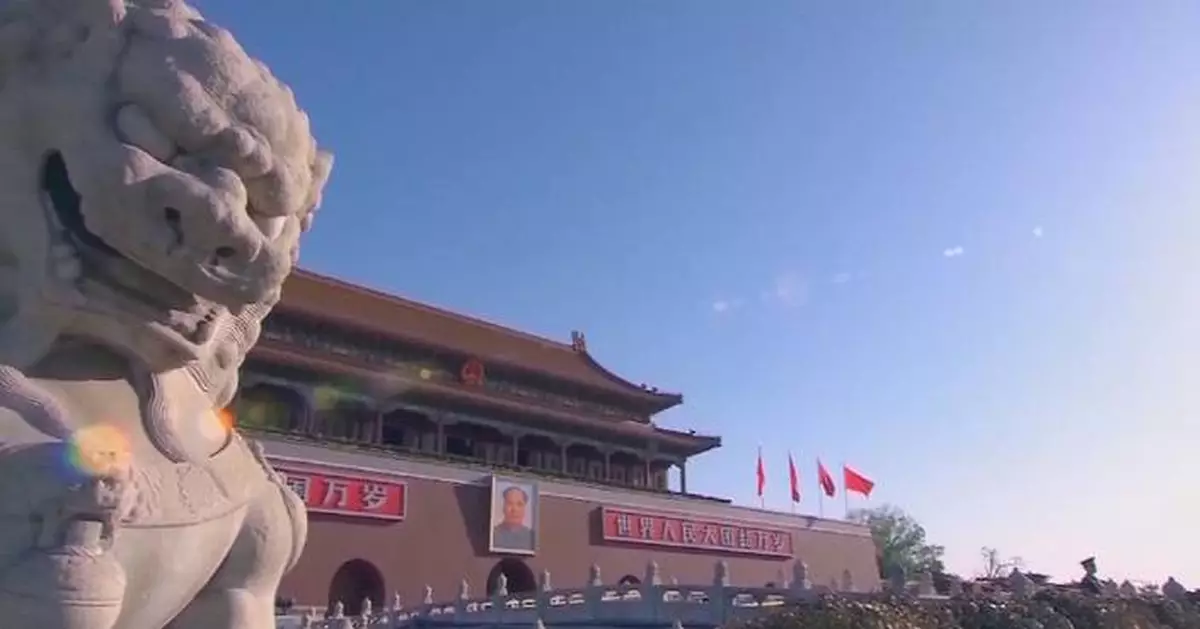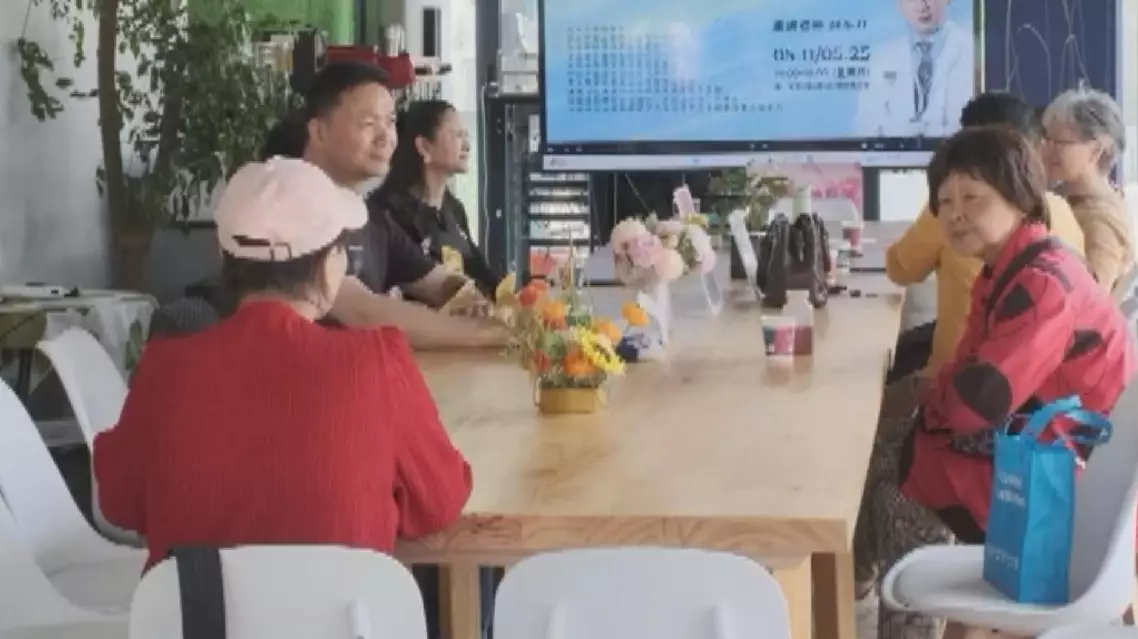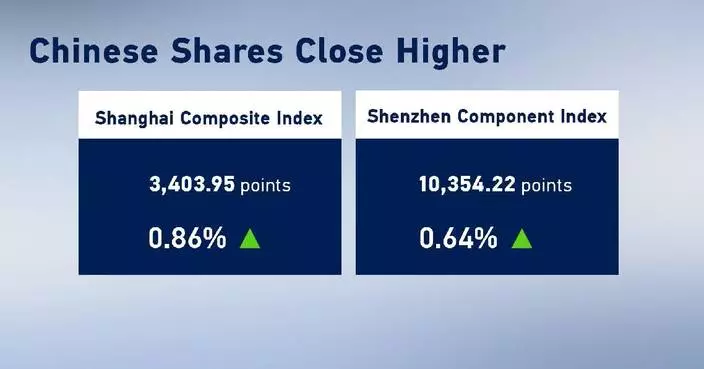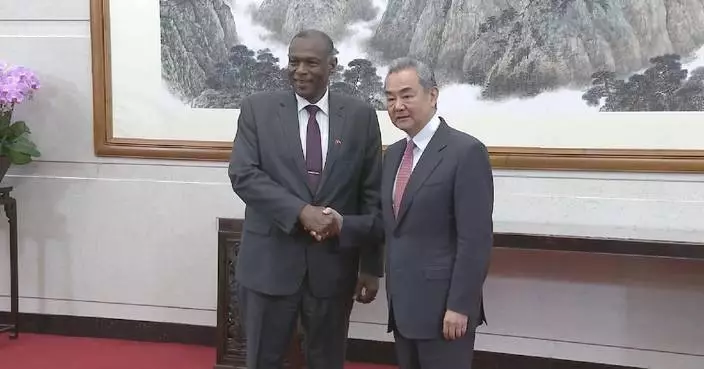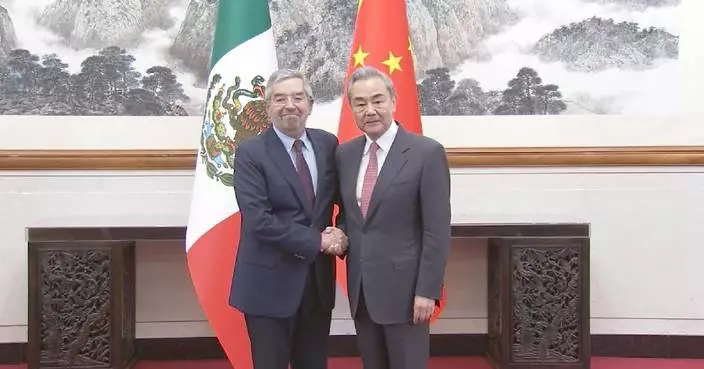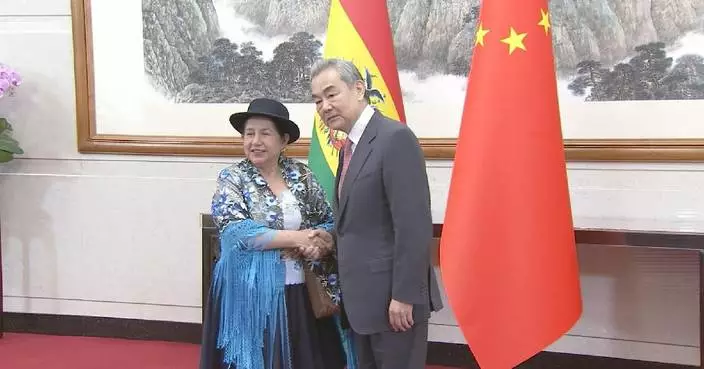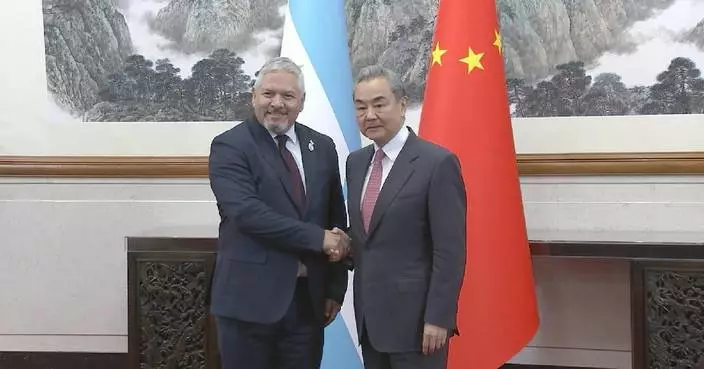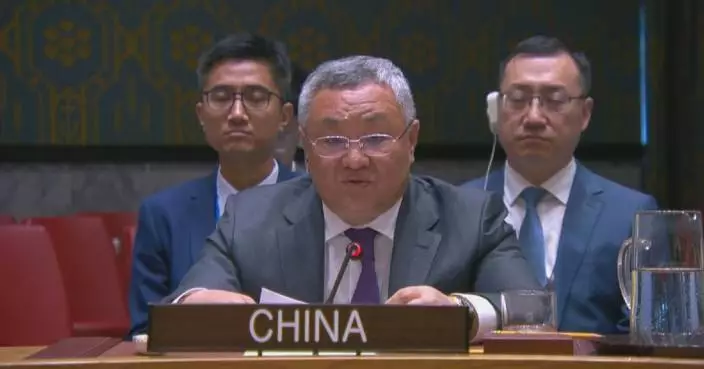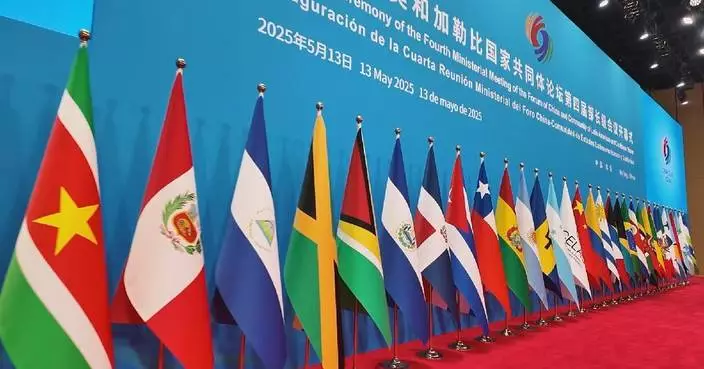A Chinese professor on Tuesday highlighted the importance of global cooperation in the sci-tech sector after U.S. President Joe Biden unveiled sweeping new controls on artificial intelligence (AI) chip exports which some fear could hinder technological development.
Released just days before President-elect Donald Trump takes office, the policy would impose worldwide restrictions and licensing requirements on advanced computer chip exports for AI applications.
The new rules have set up three tiers, with preferences given to U.S. allies like the UK, Germany and Japan, limits on some nations which may be seen as solid U.S. trading partners like Israel and Mexico, while countries seen as the most adversarial to the U.S. face the strictest restrictions, including China.
Several U.S. tech firms and industry groups have condemned the policy shift, saying it could severely damage America's global competitiveness in AI technology and harm its tech market leadership.
Giving his assessment, Gai Keke, an associate professor at the School of Cyberspace Science and Technology under the Beijing Institute of Technology, underscored the critical role of global cooperation in addressing the complexities of emerging technologies such as AI.
"I think this may cause concerns about innovation cooperation, considering this policy shift, it could have an impact on international cooperation and even cooperation in other scientific and technology fields. At the same time, we also observe that from the perspective of technological development, accelerating investment in R and D and enhancing independent innovation capabilities are important aspects of solving technology restrictions," said Gai.
"Therefore, we need to continue investing in education, industrial upgrading and so on to mitigate the risks to technological developments brought about by changes in the international environment," he added.
Against the backdrop of rapidly evolving technology and rising geopolitical tensions, Gai called on countries around the world to take a balanced approach, noting that while it is important for them to bolster their own domestic capabilities to navigate an increasingly complex global landscape, they should also aim to foster greater collaboration to drive innovation.
"First, cooperation is crucial for promoting innovation and inclusion. For example, as an emerging technology, composite AI technology needs to integrate multiple special specialized AI models which [foster] cross-border collaboration. Second, cooperation is very important for building trust and avoiding divisions. We all know that intelligence brings both risks and opportunities to people. Effective cooperation is the basis for helping humans strengthen their ability to use technology and avoid differences. I also would like to say that cooperation generally is an effective way to solve complex problems," said Gai.
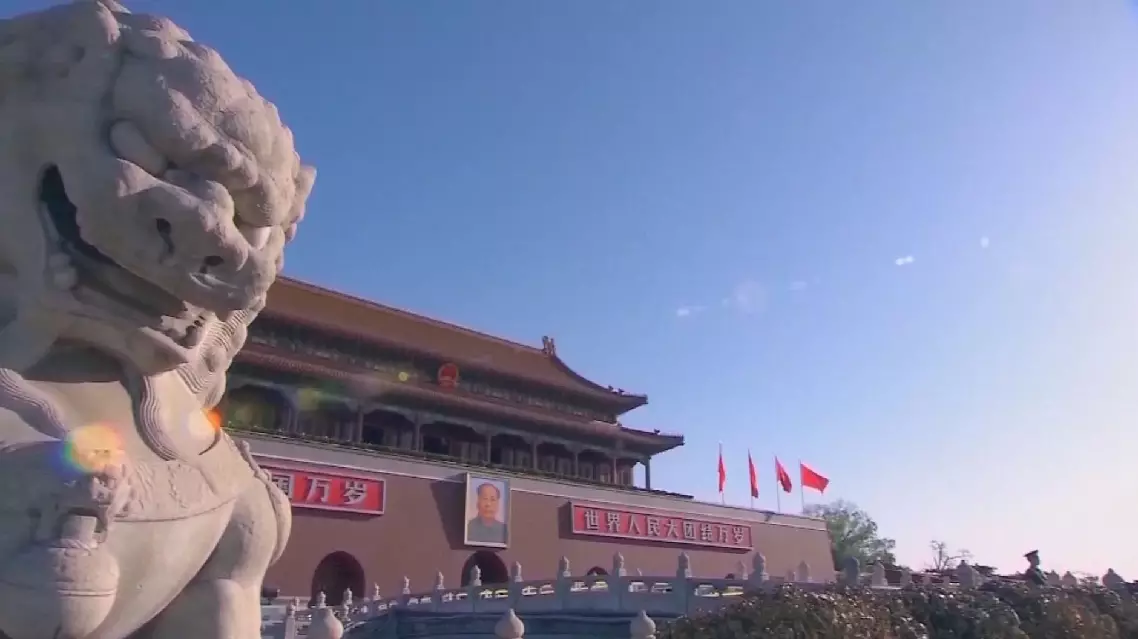
Tech expert highlights importance of global cooperation amid new US chip controls


